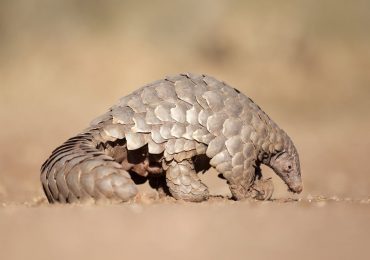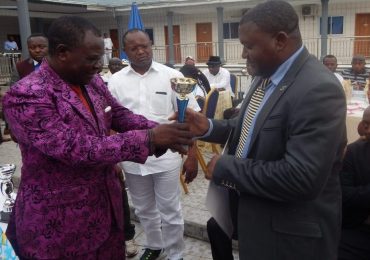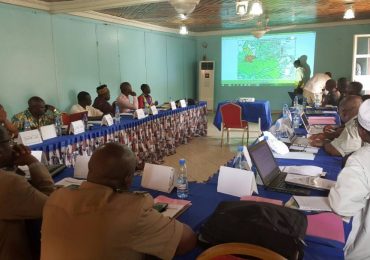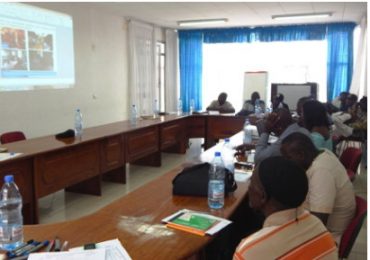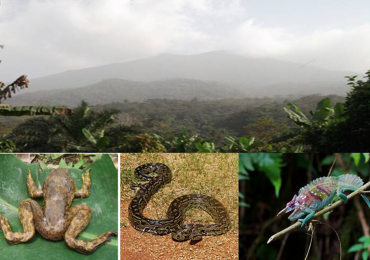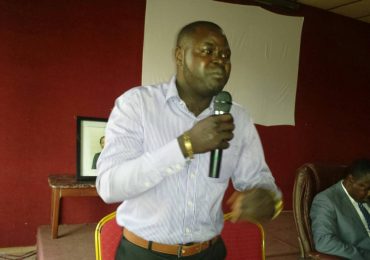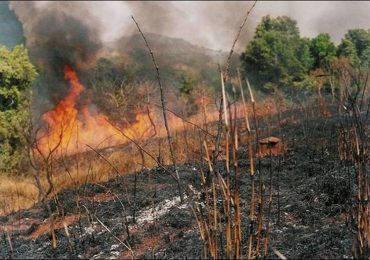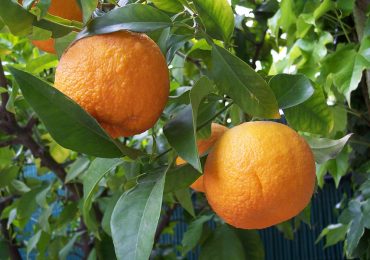I am Rimantas Eidukevicius from Lithuania. I participated in the ERuDeF International Volunteering (IVP)/Ecotourism programme between August 6 and 29, 2014.
This is the third volunteering and the most related to my job – mathematics, statistics, data analysis in Vilnius University Lithuania.
The decision concerning this travelling was made via internet using key words: wildlife research volunteering. My greatest fear when signing up for this programme was how I was going to spend a few weeks in a rainy season in the Cameroon rainforest with the apes but I finally went through.
The first part of my trip was participating in the ERuDeF ecotourism programme. Together with the ERuDeF staff, we visited touristic sites in Yaounde like the Mfou Primate Sanctuary, the Benectine Museum, the Mvog-Betsi Zoo-Botanical Park and the Catholic Basilica.
In Kribi, we visited the pygmy village and the Lobe Falls. The next site was Bafut where we met with the Fon and visited the Bafut Museum. This tourism was very interesting and helped me to learn about Cameroon and Cameroonian lifestyle.
The second part of the trip was with the ERuDeF International Volunteering Programme. The experience of living in the forest was very exciting. Because of the rainy season, there were almost no mosquitoes or flies. But it was very wet. Together with our field guide Solomon, I learned how to collect data about different animals and human signs in the jungle. I had read before travelling about wildlife sampling and data analysis but I was impressed by the strength and professional skills of the accompanying Cameroonian friends. Thanks to them, I know much more about the animals and the rain forest; a forest in which many rare species live and because of human activities their existence is jeopardised.
I was happy to take part in the meetings with the people in the villages and to discuss the future of the forest.
I think that gazetting the Proposed Tofala Hill Wildlife Sanctuary (where the Cross River gorillas are), is the best solution for the animals. It will also be an opportunity for peasants around to start using modern agricultural methods; to have new jobs and to benefit from tourism in future. It would be nice to find a small museum in each village telling about its history, showing old sculptures, hunting or agriculture tools, records of songs, dances and legends. And I hope to see this process and to participate in the research done by ERuDeF in the near future.


